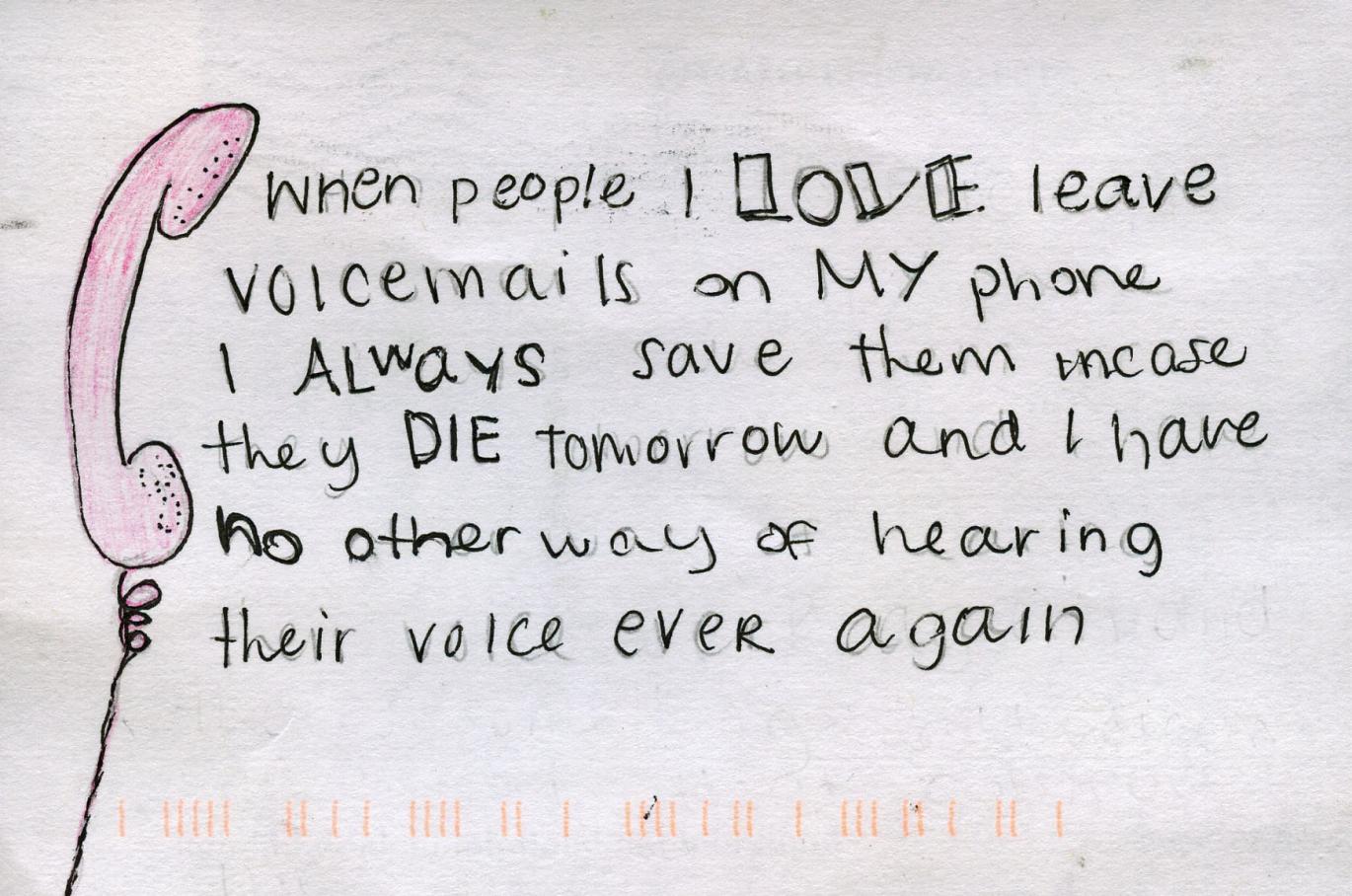Dark Matter | Hazlitt

🌈 Abstract
The article explores the origins and impact of the PostSecret project, a community art project where people anonymously mail in their secrets on postcards. It delves into the project's creator, Frank Warren, and how his personal experiences and struggles with expressing himself shaped the project. The article also examines the nature of secrets, the psychology behind them, and how the PostSecret project has provided a platform for people to share their hidden stories.
🙋 Q&A
[01] Frank Warren and the Origins of PostSecret
1. What inspired Frank Warren to start the PostSecret project?
- Frank Warren was working a monotonous job delivering medical documents when he felt a lack of adventure and a desire to explore the darker, more imaginative parts of his interior world.
- In 2004, he came up with the idea of approaching strangers at metro stops in Washington D.C. and asking them to write down secrets they had never told anyone before on self-addressed postcards, which they would then mail back to him.
2. How did the PostSecret project evolve over time?
- Initially, Frank received around 100 postcards back, which he displayed at a local art exhibition.
- After the exhibition, the postcards continued pouring in, and by 2024 he would have over a million postcards.
- Frank decided to create a website, PostSecret, where he would upload images of the postcards he received every Sunday.
3. What was Frank's process for selecting and curating the secrets to be posted on the website?
- Frank sorts the most promising secrets into boxes, looking for secrets he's never heard before or that are presented in a surprising way.
- He relies on his intuition to select which secrets to post, aiming to represent a range of moods and experiences.
- He generally avoids posting secrets that express suicidal ideation or could reveal intimate details about someone without their knowledge.
[02] The Psychology and Significance of Secrets
1. What is the psychological significance of secrets, and how do they develop?
- Secrets are linked to the development of self-conscious emotions like guilt, shame, and embarrassment, as well as the ability to understand that others have different beliefs, desires, and emotions.
- Keeping secrets often allows teenagers to assert independence from their parents and avoid criticism or punishment.
- Cultural taboos and social structures play a role in shaping the nature and content of secrets across different cultures.
2. How do people use secrets in their relationships and personal lives?
- People often share secrets with neutral third parties like bartenders, hairdressers, and therapists, seeking a space to be heard without judgment.
- Some people find the act of revealing secrets to be cathartic, while others may use secrets to maintain control or distance in relationships.
- The article explores the concept of "inappropriate vulnerability," questioning how much disclosure with strangers is appropriate.
[03] The Impact and Controversy of PostSecret
1. How did the PostSecret project impact the author's own life and perspective?
- The author grew up in a conservative, religious community where certain topics were taboo and body changes were kept secret. PostSecret provided a window into a world beyond her own experience.
- Discovering PostSecret as a teenager allowed the author to explore topics she couldn't discuss openly, providing a sense of connection and understanding.
2. What are some of the criticisms and ethical concerns that have been raised about the PostSecret project?
- Some have accused Frank Warren of profiting from other people's traumas through his books and speaking engagements, arguing that the secrets become his "professional currency."
- The article explores the idea of "inappropriate vulnerability" in the context of the live PostSecret events, where people would share deeply personal stories on stage.
- There are questions about what ultimately happens to the secrets shared through the project and whether it truly benefits the individuals who submit them.